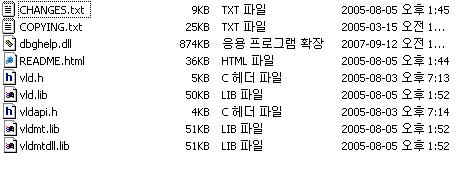객체의 내부 동작 하나 하나보다, 어떤 동작을 한다는 것 자체가 중요할 때가 있습니다. 캐릭터에게 행동을 시킬 때, 어떤 행동을 하는지는 중요하지 않고, 행동을 한다는 그 자체만 중요할 때가 바로 그렇습니다.
이렇게 행동을 일반화하는 것을 커맨드 패턴이라고 부르고, 캡슐화의 구현이라고 보셔도 좋습니다.
다만 일반 캡슐화와는 조금 다른것이, 커맨드 패턴은 한 클래스당 한가지 일만 시키는 경우가 많다는 것입니다. 동작 하나를 하나의 클래스로 관리함으로써, 다양한 동작을 관리하기 쉽게 하겠다는 것이지요.
class ICommand { public: virtual void Act() = 0; }; class CCharacterParent : public ICommand { protected: virtual CCharacterParent * SearchTarget() = 0; //타겟찾기 virtual void Act(CCharacterParent *a_pcCharaterParent) = 0; //공격 public: virtual void Act(){ Act(SearchTarget()); } }; class CMonster : public CCharacterParent { virtual CCharacterParent * SearchTarget() { //사정거리내의캐릭터를찾는다. } virtual void Act(CCharacterParent *a_pcCharaterParent) { Attack(a_pcCharaterParent); } void Attack(CCharacterParent *a_pcCharaterParent) { //파라미터로넘어온캐릭터를공격한다. } }; class CPet : public CCharacterParent { virtual CCharacterParent * SearchTarget() { //가장약한아군캐릭터를찾는다 } virtual void Act(CCharacterParent *a_pcCharaterParent) { Heal(a_pcCharaterParent); } void Heal(CCharacterParent *a_pcCharaterParent) { //파라미터로넘어온캐릭터를회복시킨다 } }; void Act(ICommand *a_piCommand) { a_piCommand->Act(); } |
외부에서는 캐릭터가 공격을 하던, 회복을 시켜주던 상관없습니다. 해당 캐릭터가 행동한다는 그 자체가 중요하죠.
이렇듯 객체의 내부 행동을 숨기고, 외부 인터페이스를 일반화하는 것을 커맨드 패턴이라 합니다.






